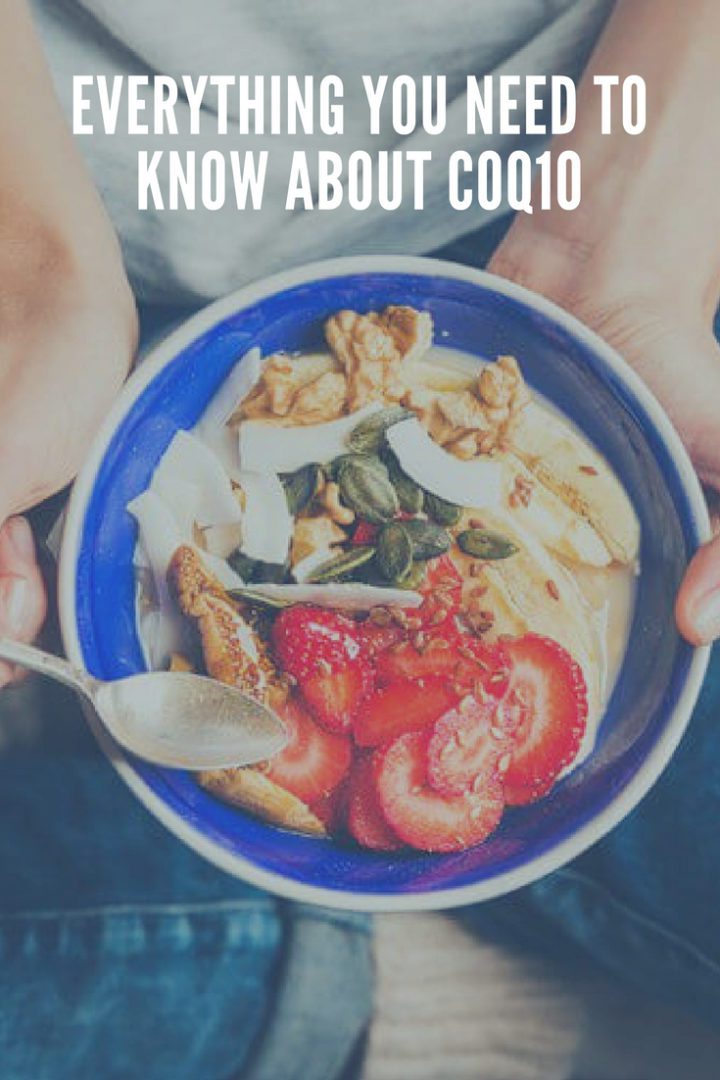Diabetes Awareness Month & Oral Care Health
I am being compensated by Colgate Total for your participation in this campaign as part of the Mom It Forward Blogger Network. Did know that according to the CDC, people with diabetes are two...
When is the best time to take CoQ10? When is the best time to take CQ10? If you’ve been reading and researching about anti-aging vitamins, you may have come across CoQ10, and whether or not you know enough about it already, here’s a little something for you. Keep reading to discover everything you need to know about CoQ10- how you can get it and how it can help you. We hope you find this When to Take CoQ10: Morning or Night post valuable.
CoQ10 is an antioxidant that is naturally found in every cell of the body. The human body already can produce CoQ10 on its own, even without the need for any specific food. This capacity, however, starts to decline as time passes and the individual starts to age.
Since CoQ10 is an antioxidant, one of its major tasks is to help fight free radicals in the body, which are known to cause many diseases and health issues including DNA mutations that further lead to cancer, liver damage, stroke, arthritis, and even heart disease.
There are several different uses of CoQ10, but among the most important uses for this antioxidant is that it helps the body convert the food we eat into energy. In addition, it has also been known to help with the following.
Several studies have found that this antioxidant can help prevent the recurrence of heart attacks and be of huge help for those suffering from cardiac ailments particularly high blood cholesterol and high blood pressure levels. Taking CoQ10 in combination with other nutrients was also found to speed up healing in patients who have undergone cardiac surgery.
There is also some evidence to suggest that CoQ10 helps improve sperm production and can reduce muscle weakness and other symptoms associated with the use of statin drugs. This antioxidant was also found to slow down the deterioration of cognition (which is important in those affected by Alzheimer’s disease) and improve cognitive performance.
Several studies have also found that CoQ10 could have beneficial effects for those suffering from Parkinson’s disease, diabetes, ALS, Down’s syndrome, and other genetic disorders.
The best time to take CoQ10 is with a meal that contains healthy fats. This is because CoQ10 is fat-soluble, meaning your body absorbs it better when consumed with fats.While there's no strict rule about morning or evening, Below are some factors to consider. Ultimately, the best time to take CoQ10 is the time that fits best into your routine and allows for consistent use.
Just like other nutrients, you can always get CoQ10 in its supplemental form, but one of the best ways to include it in your diet is to eat foods rich in this antioxidant, some of which are listed below.

We hope this post inspires you. Good luck!
